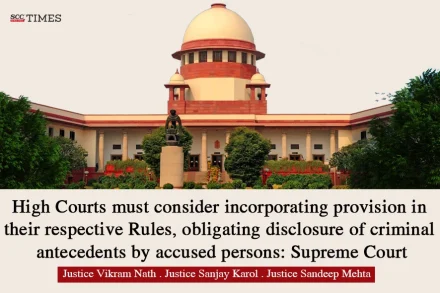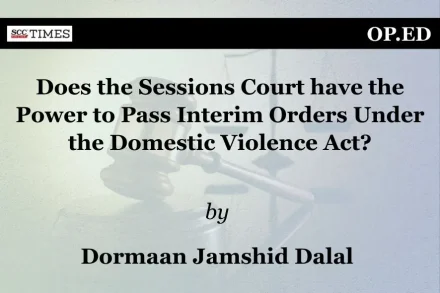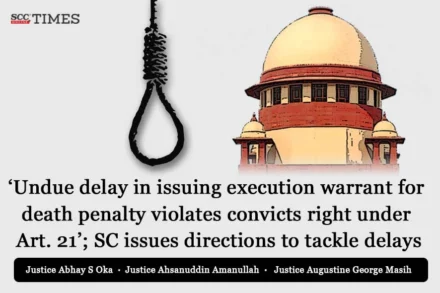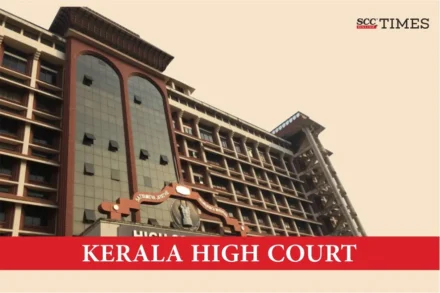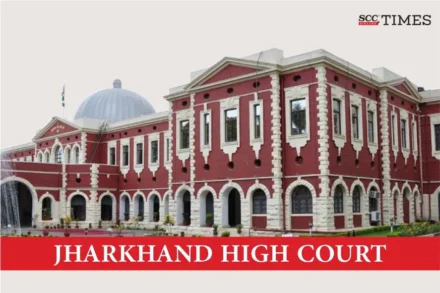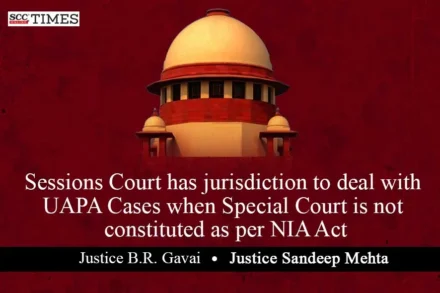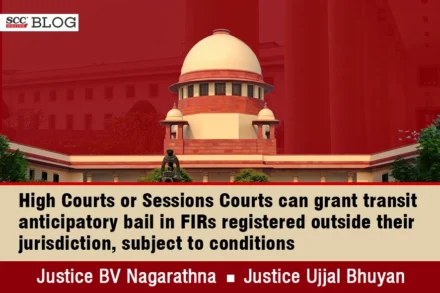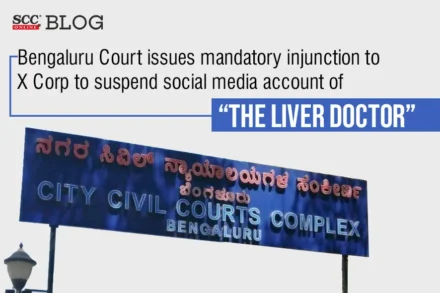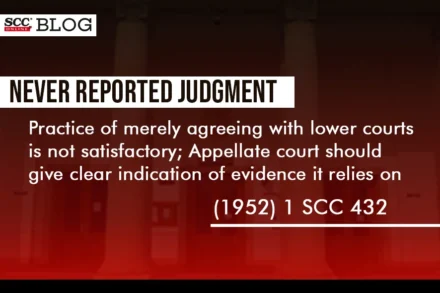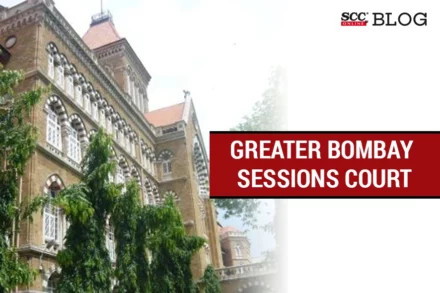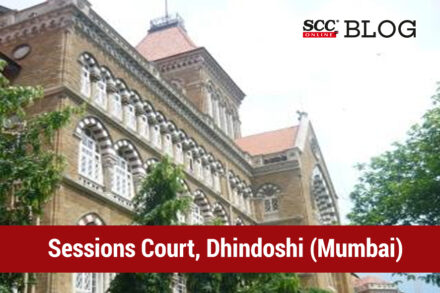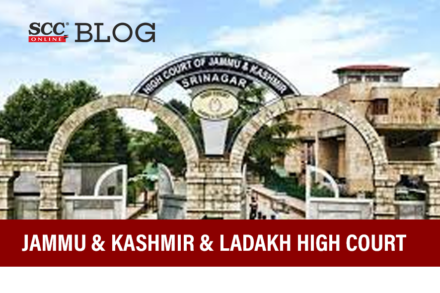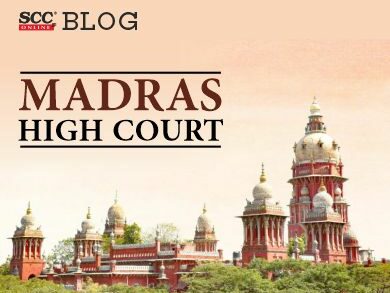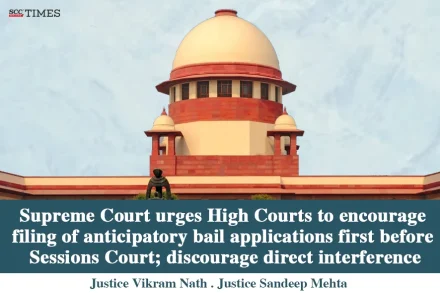
Supreme Court urges High Courts to encourage filing of anticipatory bail applications first before Sessions Court; discourage direct interference
“A balance has to be struck to protect individual liberty of accused and to secure an environment that is free from any fear in the hearts of victims of the alleged perpetrators. Although grant of bail is a discretionary exercise, the courts must be cautious to exercise the discretion judiciously.”



